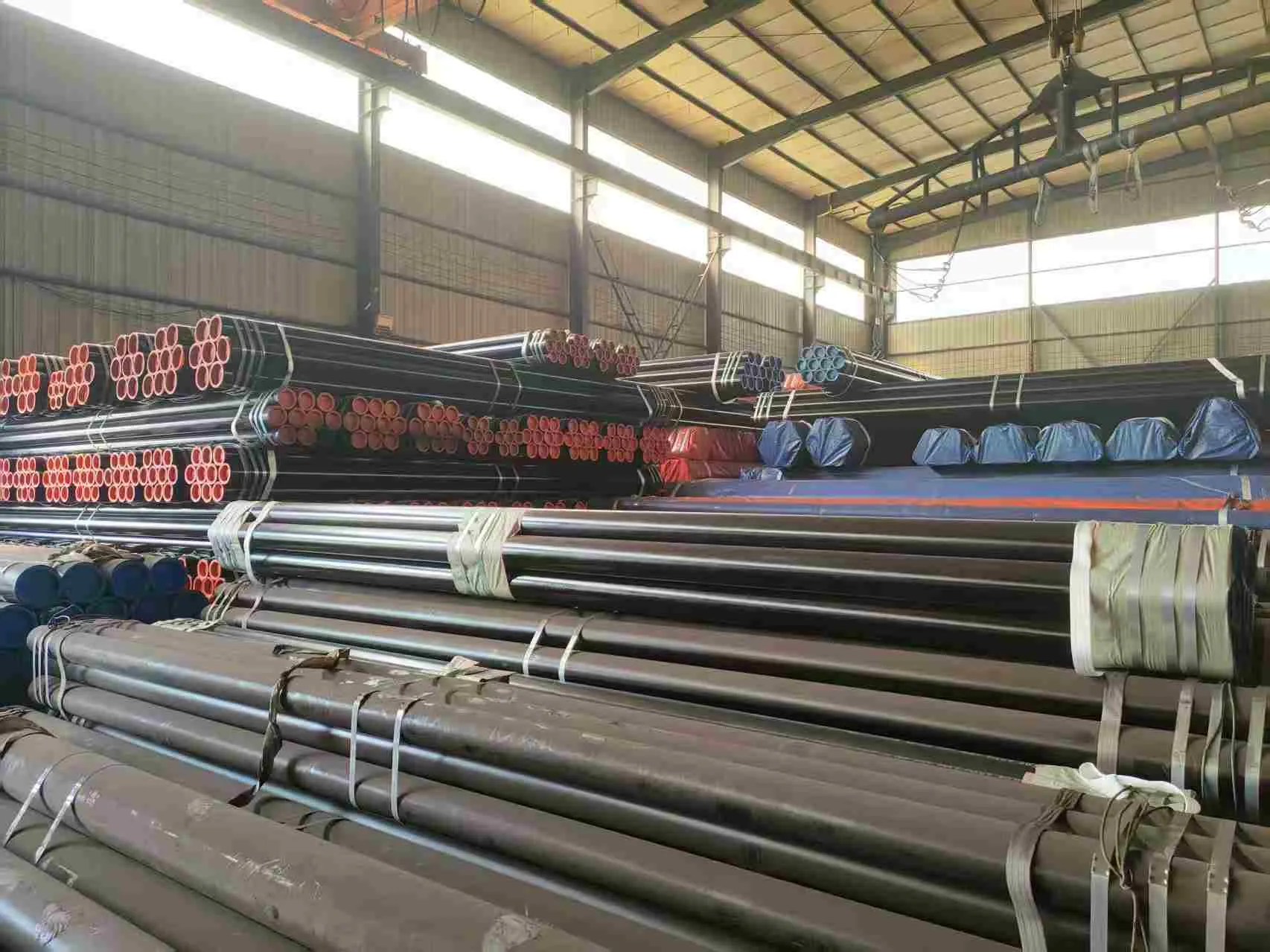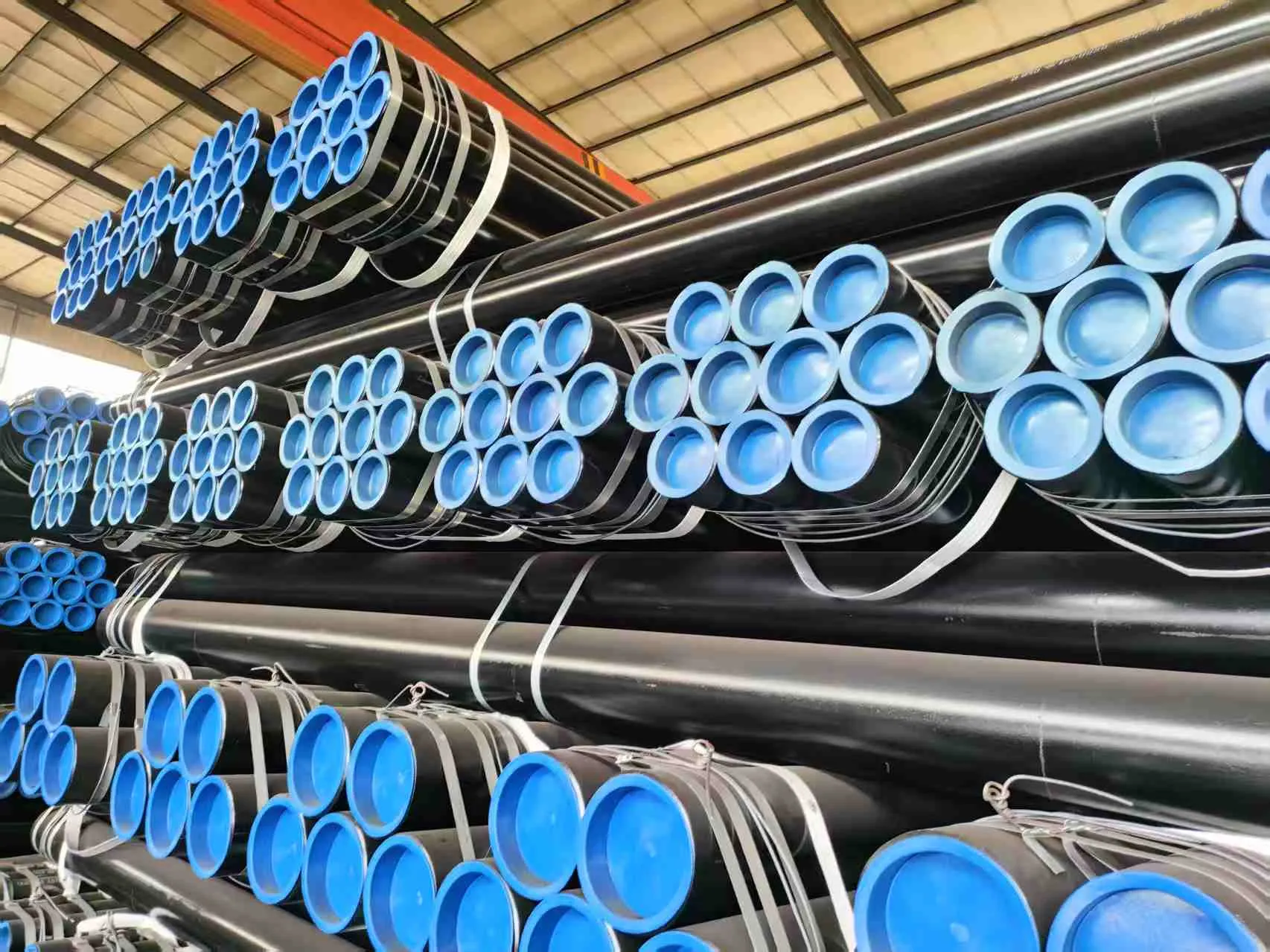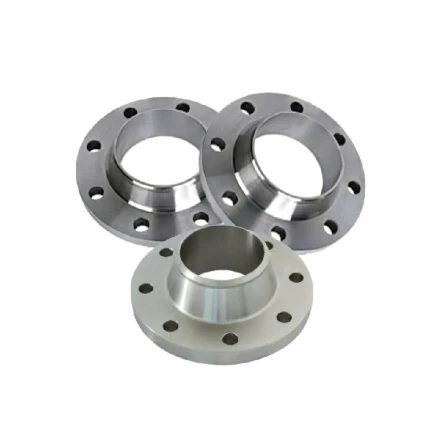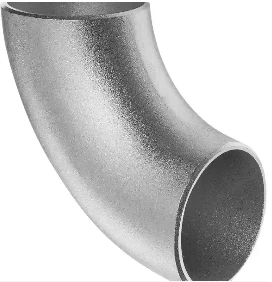Key Characteristics:
1. Material Composition:
- API 5L X70 pipes are made from carbon steel and may include small amounts of alloying elements to enhance performance characteristics.
- Typical chemical composition includes:
- Carbon (C): ≤ 0.25%
- Manganese (Mn): 1.20% - 1.60%
- Phosphorus (P): ≤ 0.020%
- Sulfur (S): ≤ 0.010%
- Silicon (Si): ≤ 0.40%
- Other elements may be present in trace amounts to improve specific properties (e.g., Ni, Cr, Mo).
2. Mechanical Properties:
- Yield Strength: Minimum yield strength of 70,000 psi (483 MPa).
- Tensile Strength: Typically ranges from 85,000 psi to 100,000 psi (586 MPa to 690 MPa).
- Elongation: Generally around 18% to 22%, with variations depending on pipe thickness.
3. Dimensions and Specifications:
- API 5L X70 pipes come in various sizes and wall thicknesses to meet diverse project requirements.
- Nominal Pipe Sizes (NPS) can vary from ½ inch to 48 inches or more.
- Common wall thicknesses conform to schedules such as Schedule 40, Schedule 80, and others based on application requirements.
4. Manufacturing Process:
- API 5L X70 pipes can be manufactured through two primary methods:
- Seamless: Produced without a welded seam, providing high strength and integrity.
- Welded: Created from rolled steel plates or coils welded longitudinally or spirally.
- Manufacturing processes follow strict quality assurance protocols, including non-destructive testing (NDT), to identify any defects.
5. Coatings and Finishes:
- To improve resistance to corrosion and extend service life, API 5L X70 pipes may be coated with various protective materials:
- Bare steel (uncoated)
- Fusion Bond Epoxy (FBE)
- Three-Layer Polyethylene (3LPE)
- Three-Layer Polypropylene (3LPP)
- Polyurethane and other specialized coatings may also be used.
6. Applications:
- API 5L X70 pipes are widely used in the oil and gas industry for high-pressure transmission of oil and gas.
- Suitable for challenging environments, including offshore and onshore pipeline systems.
- Also utilized in other applications such as water distribution, mining operations, and construction projects.
7. Standards and Compliance:
- API 5L X70 pipes conform to API standards, ensuring high quality and reliability for pipeline applications.
- Additional standards such as ISO and ASTM may also apply based on specific project needs.
8. Testing and Quality Control:
- Rigorous testing protocols confirm the integrity and performance of API 5L X70 pipes, including:
- Hydrostatic testing to assess strength and leak integrity.
- Non-destructive testing methods (e.g., ultrasonic, radiographic) for quality inspection.
- Mechanical testing to verify yield strength, tensile strength, and elongation.
Summary:
API 5L X70 pipes are engineered for high strength and reliability, making them ideal for transporting fluids in high-pressure conditions within the oil and gas sector. With a minimum yield strength of 70,000 psi, these carbon steel pipes offer excellent performance in demanding pipeline applications. When selecting API 5L X70 pipes, it's essential to consider factors such as pipe diameter, wall thickness, coatings, and compliance with relevant standards. Regular inspections and maintenance are vital for maintaining long-term reliability and safety in pipeline systems.
Tusi lau savali iinei ma lafo mai ia i matou















